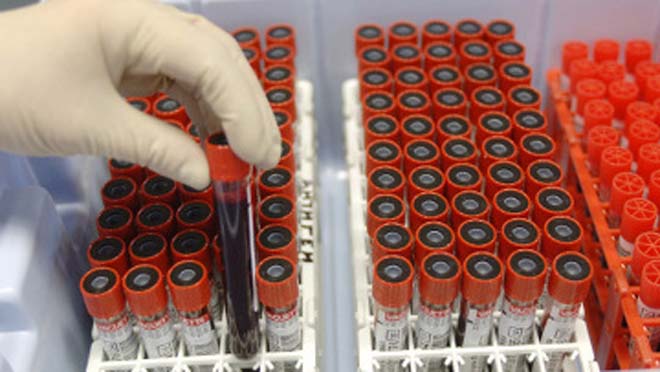Researchers at Tehran Medical University produced two medicines from saffron for patients suffering from Alzheimer's disease and depression, Iran Daily reported with reference to IRNA.
The medicines will be marketed in the first half of the current Iranian year (started March 21.
Iran , the world's largest producer of saffron, has been researching saffron's potential medicinal uses. Much of the work surrounds its traditional application for alleviating depression.
The group conducting saffron research is headed by Shahin Akhoundzadeh at the Roozbeh Psychiatric Hospital affiliated to Tehran Medical University.
It has studied the use of several drugs and herbs for mental disorders, such as depression, ADHD, Alzheimer's disease, autism, opiate dependence and epilepsy.
The clinical findings suggest that saffron is a safe and effective antidepressant. For example, in a randomized, double-blind study, 30 milligram of saffron extract (in capsules) given for 6 weeks resulted in significant alleviation of depression compared to those on placebo, and did so without evident side-effects. This study was a follow-up to a preliminary trial in which the same saffron preparation performed as well as imipramine for treating depression in a double-blind trial.
Adding saffron to your diet may help reduce plaque buildup in the brain stem, which is a cause of Alzheimer's disease, according to the study led by Akhoundzadeh.






